Inside Report How Japanese Shipowners Must Adapt to Time Chartering インサイド・レポート 日本船主に求められる定期用船の対応力とは
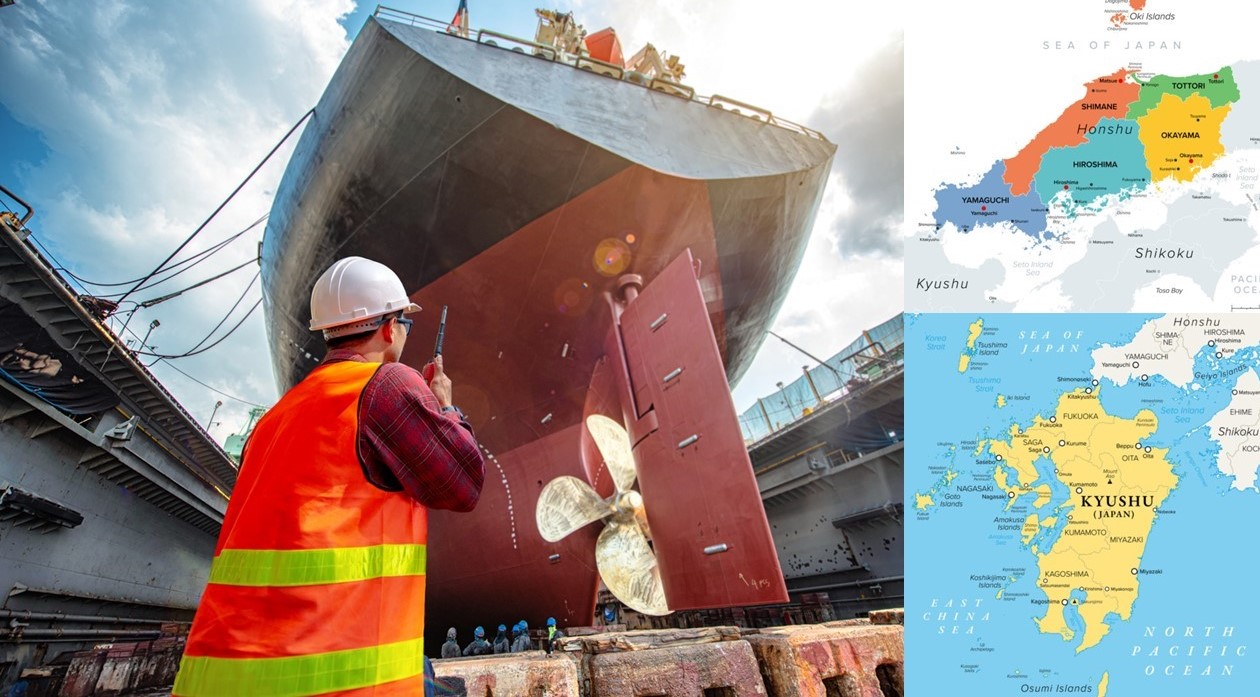
At present, it is estimated that more than 100 oceangoing shipowners operate in Japan, mainly concentrated in Ehime, Hiroshima, Yamaguchi, Tokushima, Oita and Fukuoka prefectures. Over the past decade, the environment surrounding Japanese shipowners has undergone significant change.
Key Points of the Article
→ New vessel types have emerged that require advanced ship management, such as LNG dual-fuel ships. At the same time, the persistent surge in newbuilding prices has left smaller shipowners unable to place fresh orders. Meanwhile, a new group of emerging owners has appeared, attempting to enter the oceangoing sector by signing BBCs (bareboat charter contracts) with overseas operators starting from their domestic fleets.
→ A time charter contract is a service in which shipowners provide operators with both vessel ownership and ship management as a package. As polarisation between major shipowners and smaller ones continues, the key question is what conditions and what internal structures are indispensable for small shipowners to secure such time charter agreements.
“You can read the rest of the article in both English and Japanese.”
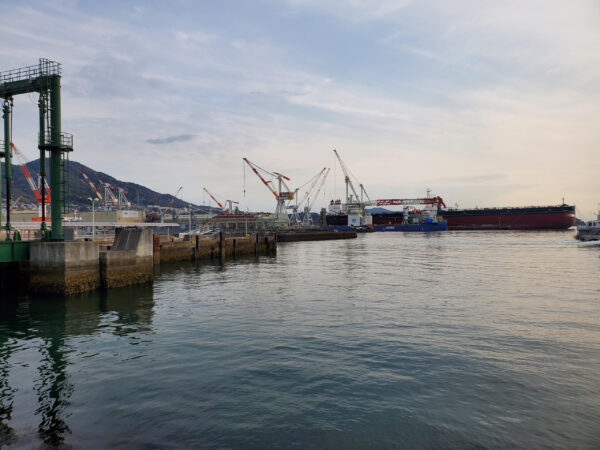
インサイド・レポート 日本船主に求められる「定期用船」への対応力とは
現在、日本には愛媛県、広島県、山口県、徳島県、大分県、福岡県を中心に100社を超える外航船主が存在するとみられる。過去10年間で日本船主を取り巻く環境は大きく変化した。
この記事のポイント
→LNG二元燃料などの高度な船舶管理を求められる船種が登場したほか、新造船価格の恒常的な高騰で小規模の船主は新造船が発注できない状況にある。同時に、内航船主からBBC(裸用船契約)を海外オペレーターと結ぶことで、外航船に進出を目指す新興船主も登場してきた。
→定期用船契約とは船舶保有と同時に船舶管理をセットで船主がオペレーターに提供するサービスのことである。大手船主と小規模船主に二極化が進む中で、小規模船主に求められる「定期用船契約」を結ぶための条件、社内体制に不可欠なものとは何か。
“You can read the rest of the article in both English and Japanese.”(続きは英語と日本語で書かれた本文でお読みください)

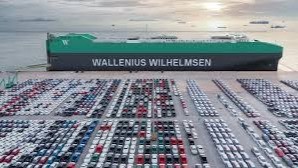
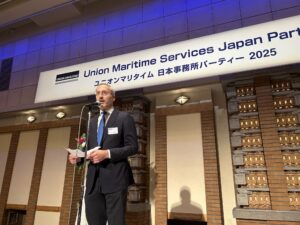

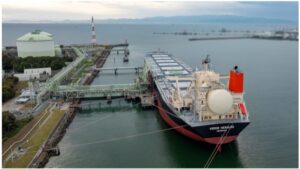
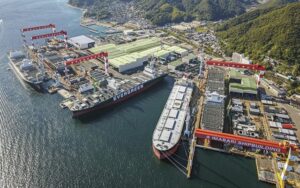
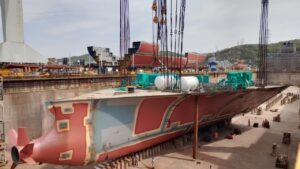
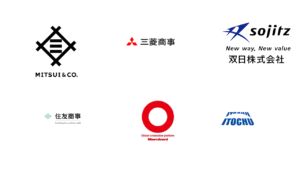
コメント